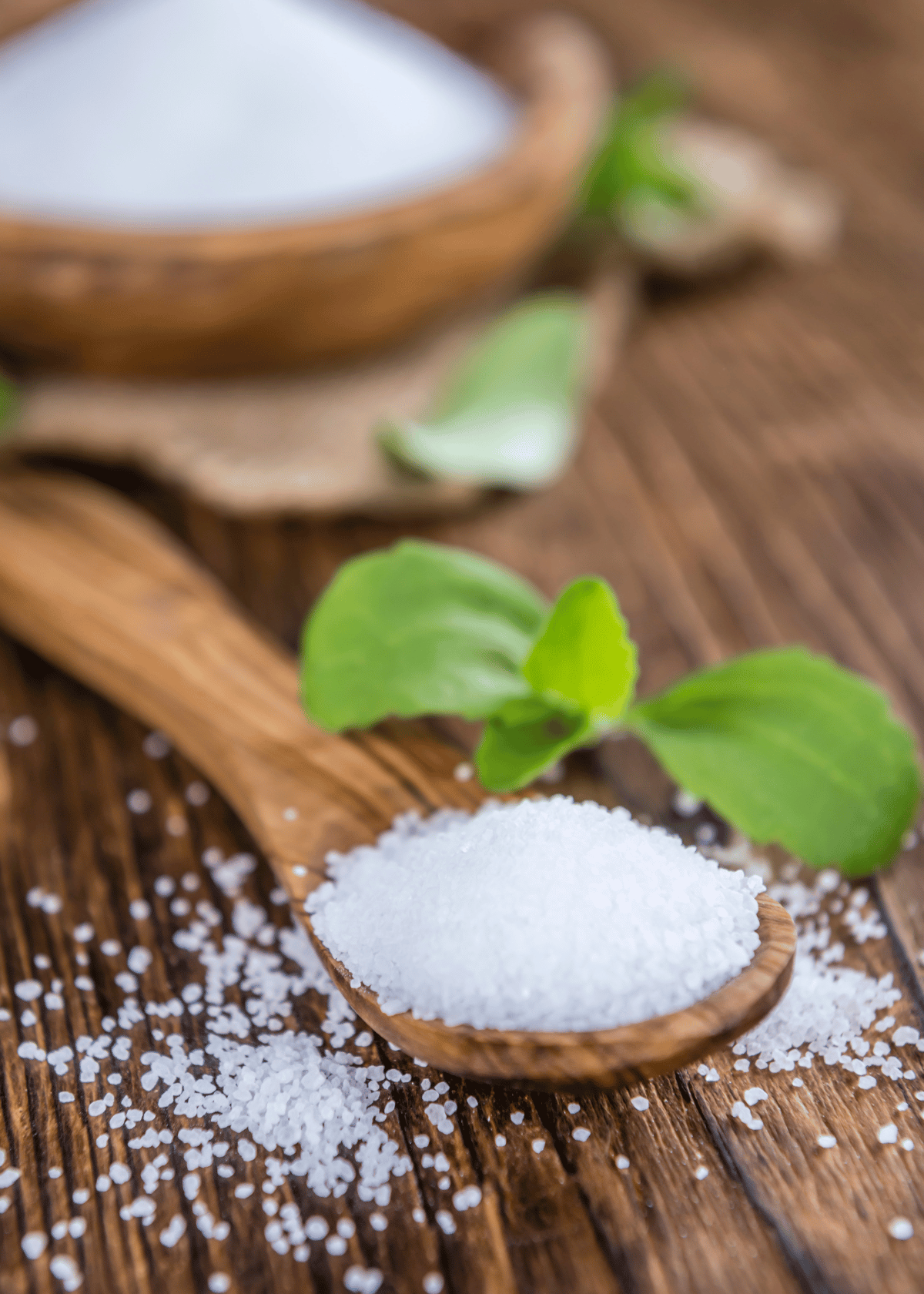For many women, menstrual cramps can be an excruciatingly painful experience. Many have tried over-the-counter medications and home remedies such as heating pads and hot baths to no avail. If you’re looking for a natural way to relieve your menstrual pain, evening primrose oil may be the solution you’ve been searching for. In this blog post, we’ll discuss why evening primrose oil is effective in providing relief from menstrual cramps and how to use it safely and effectively.
What is Evening Primrose Oil?
Evening primrose oil (EPO) is an extract from the seeds of the evening primrose plant. It has been used for centuries as a remedy for various ailments, including skin conditions, inflammation, arthritis pain, and menopausal symptoms. More recently, it has been studied as a potential treatment for menstrual cramps due to its anti-inflammatory properties.
How Does it Work?
It’s believed that EPO works by reducing inflammation in the uterus caused by prostaglandins—hormone-like substances that cause contractions in the uterus during menstruation. Studies show that EPO may be effective in reducing uterine inflammation and providing relief from menstrual cramps by blocking the production of prostaglandins. Additionally, EPO is rich in essential fatty acids which can help reduce muscle tension and smooth muscle tissue throughout the body which can help alleviate cramping associated with menstruation.
How to Use Evening Primrose Oil Safely?
EPO should always be taken under the supervision of a healthcare professional. The recommended dosage is 500 mg twice daily beginning two days before your period starts and continuing through menstruation until symptoms have subsided. It’s important to note that EPO should not be taken if you are pregnant or breastfeeding or if you are taking blood thinners or certain antidepressants due to potential interactions with these medications. Additionally, speak with your doctor before taking any supplements to make sure they are right for you!
Evening Primrose Oil FAQs
What are fatty acids?
Fatty acids are important molecules that play a variety of roles in the body. Some fatty acids, such as those found in fish oil, are important for health and have been shown to help protect against heart disease. Other fatty acids, such as those found in olive oil, are thought to be helpful for preventing cancer. Still other fatty acids are necessary for the proper function of cells and organs.
Fatty acids are made up of two parts: a long chain of hydrocarbons (the "fatty" part) and a carboxyl group (the "acid" part). The fatty acids found in food come from either animal or plant sources. Animal sources include meat and dairy products, while plant sources include vegetable oils and nuts. Fatty acids can be saturated, monounsaturated, or polyunsaturated. The degree to which a fatty acid is saturated affects its chemical properties and its potential health effects.
Saturated fatty acids are found in red meat, cheese, butter, and other animal products. These types of fats are hard at room temperature and are usually solid. Saturated fatty acids are thought to increase the risk of heart disease and stroke, as well as other health problems such as type 2 diabetes.
Monounsaturated fatty acids are found in olive oil, avocados, and other plant-based foods. These types of fats can be liquid at room temperature and are usually liquid. Monounsaturated fatty acids can help lower cholesterol levels in the blood and may help reduce the risk of heart disease.
Polyunsaturated fatty acids are found in vegetable oils, nuts, fish, and some animal products like eggs. These types of fats can be liquid at room temperature but become solid when placed in the refrigerator. Polyunsaturated fatty acids are thought to help prevent heart disease and stroke and may help reduce the risk of cancer.
The best way to get enough healthy types of fat in your diet is by eating a wide variety of whole foods, including vegetables, fruits, nuts, beans, fish, and lean meat or dairy products. You can also take supplements containing fish oil or other types of fatty acids, although it is best to talk with your doctor before starting any type of supplement. By eating a balanced diet and exercising regularly, you can enjoy all the health benefits that fat has to offer.
How can I take evening primrose oil?
Evening primrose oil capsules can be taken with food or on an empty stomach.
Some people find that taking evening primrose oil capsules with food helps to reduce any gastrointestinal side effects, such as nausea, that they may experience. Others find that it is best to take evening primrose oil capsules on an empty stomach so that the oil is absorbed more quickly and effectively. Experiment to see what works best for you.
Is gamma-linolenic acid the same as linoleic acid?
Gamma-linolenic acid (GLA) and linoleic acid are both types of fatty acids. However, GLA is a precursor to the hormone prostaglandin E1, which has a number of potential beneficial effects on the body, including reducing inflammation and menstrual bleeding and regulating the menstrual cycle.
What are symptoms of premenstrual syndrome?
Premenstrual symptoms that some women experience in the days leading up to their period. Symptoms can include mood swings, bloating, breast tenderness, food cravings, and fatigue.
Most women have at least some of these symptoms in the days leading up to their period. PMS usually goes away after bleeding starts. For a few women, PMS can be quite severe and interfere with their daily life. In these cases, it might be helpful to see a doctor to discuss treatment options.
What is irritable bowel syndrome?
Irritable bowel syndrome (IBS) is a condition that affects the large intestine. Symptoms range from mild to severe and can include cramping, abdominal pain, bloating, gas, diarrhea, and constipation. While the cause of IBS is unknown, there are a number of natural remedies that can help relieve symptoms.
Some of the most effective natural remedies and supplements for IBS include probiotics, digestive enzymes, ginger tea, peppermint tea, chamomile tea, omega-3 fatty acids, and magnesium supplements. In addition to taking supplements or drinking teas specific to IBS relief, make sure to drink plenty of fluids and eat plenty of fresh fruits and vegetables.
Conclusion:
Menstrual cramps can be an unbearable experience but there are ways to find relief naturally! Evening primrose oil has long been used as a traditional remedy for various ailments including skin conditions and menopausal symptoms but more recently it has been studied as a potential treatment for menstrual cramps due to its anti-inflammatory properties.
Studies suggest that EPO may reduce uterine inflammation caused by prostaglandins while also helping relax muscles throughout the body which can help alleviate cramping associated with menstruation. However, it’s important to speak with your doctor before taking any supplements to make sure they are right for you! With proper usage under medical supervision, evening primrose oil may provide relief from painful menstrual cramps without having to rely on over-the-counter medications or other treatments. Good luck!
Want to learn more about Aromatherapy? Check out this great post by RowdyReviewer.com!







